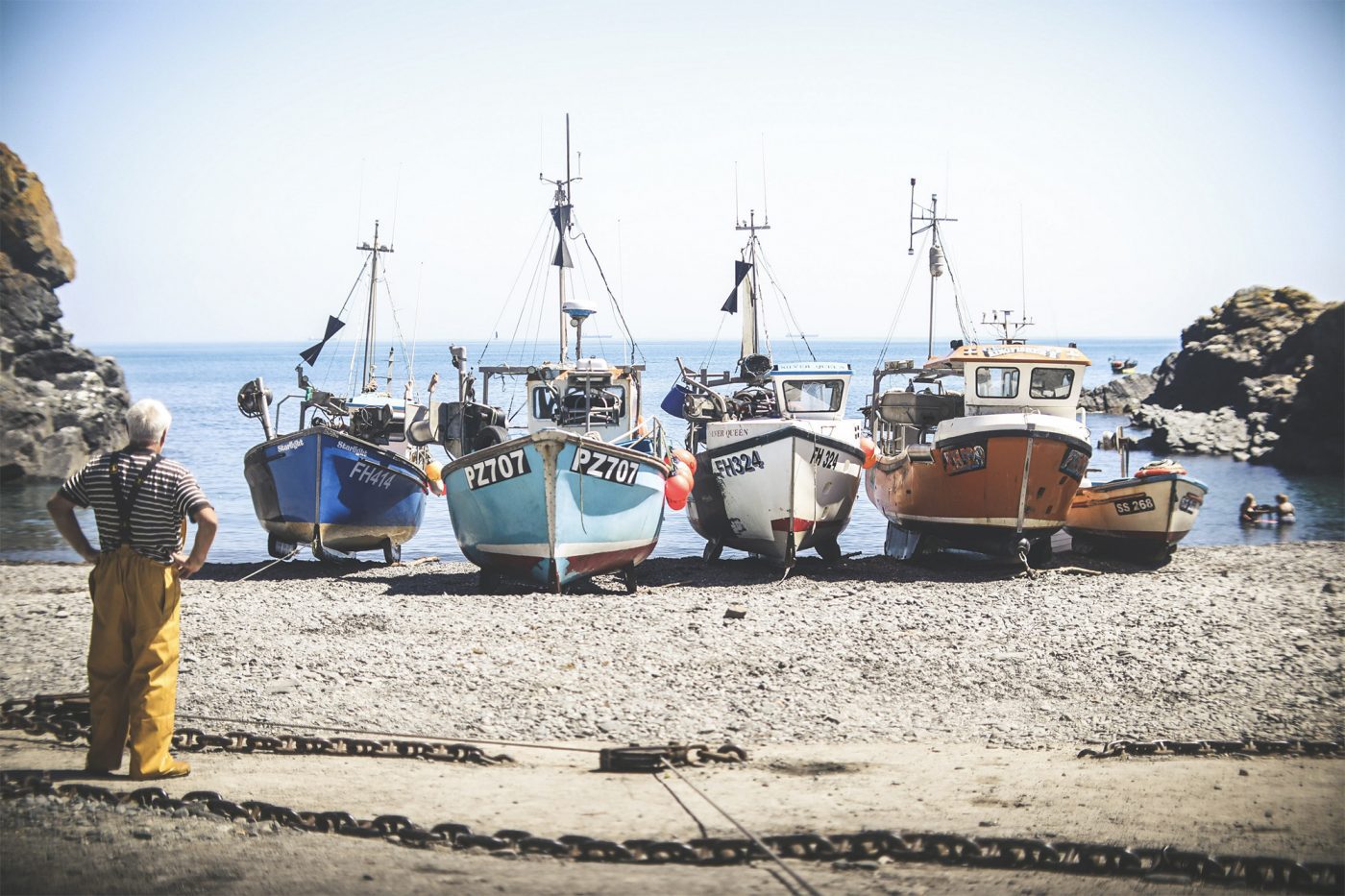At a recent meeting of the North Sea Advisory Council, the European Commission made the surprising announcement that UK stakeholders will be ejected from membership of the advisory councils from March 2019. It had been assumed by most people in the ACs that as the whole acqui (the whole body of EU law) will continue to apply to the UK during the transition, and ACs are not decision making bodies, membership of the advisory council would remain unchanged until December 2020.
During the meetings, held at Fishmongers Hall in London, the Commission indicated that the British members of the Regional Advisory Councils would be permitted to attend AC meetings as “active observers” but would not be permitted full membership of the ACs.
This would mean that during the transition period:
- Although EU fisheries law will continue to apply to UK fleets and continue to evolve, AC advice would formally reflect the views of only stakeholders based in the EU 27
- UK members could not be officeholders (at present UK members hold a number of significant posts including chairs of key working groups)
- The North Sea AC will have to move its secretariat from Aberdeen to an EU27 member state before the end of March, if it is to continue to receive EU funding
- The UK government and UK stakeholders will no longer make financial contributions into the ACs, but neither will UK stakeholders be reimbursed for the travel and subsistence costs associated with attendance at AC meetings
It is unclear whether this surprising development is a tactical manoeuvre to increase pressure on the UK during the withdrawal negotiations; a logical interpretation of EU law; or fumbled mishandling by the Commission. Either way, if the UK members are forced out of the advisory councils during the transition in this way, it will create an obstacle to the smooth transition both parties have aspired to. It also raises important questions about the UK’s membership of the regional groups of member state authorities who are charged with making joint recommendations, including those relating to the landing obligation.
The areas covered by AC advice in the North Sea and Western Waters overlap to a large extent with the UK’s area of jurisdiction, which will come under UK sovereignty from March 2019. The Commission’s stance raises question marks about the future purpose of EU advisory councils without the involvement of third countries like the UK and Norway. In the North Sea, only around 1/5th of the sea area will remain under EU jurisdiction after March, although EU law will continue to apply during the transition (unless there is no Withdrawal Agreement). The area in Western Waters is around 50%.
The draft transition deal will be part of the overall Withdrawal Agreement which is expected to be concluded in October or November.
AC membership status is only one of a number of questions about how the transition period will apply to fisheries in practice. Others include, the nature of consultation with the UK during next year’s quota negotiations, the UK’s status as a member of the regional groups of member states, and international quota swaps after the UK becomes a third country in March.

